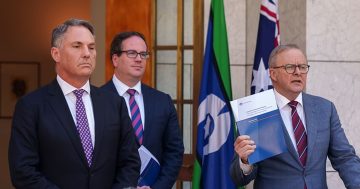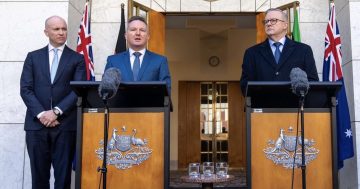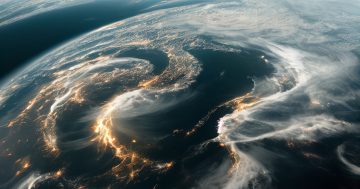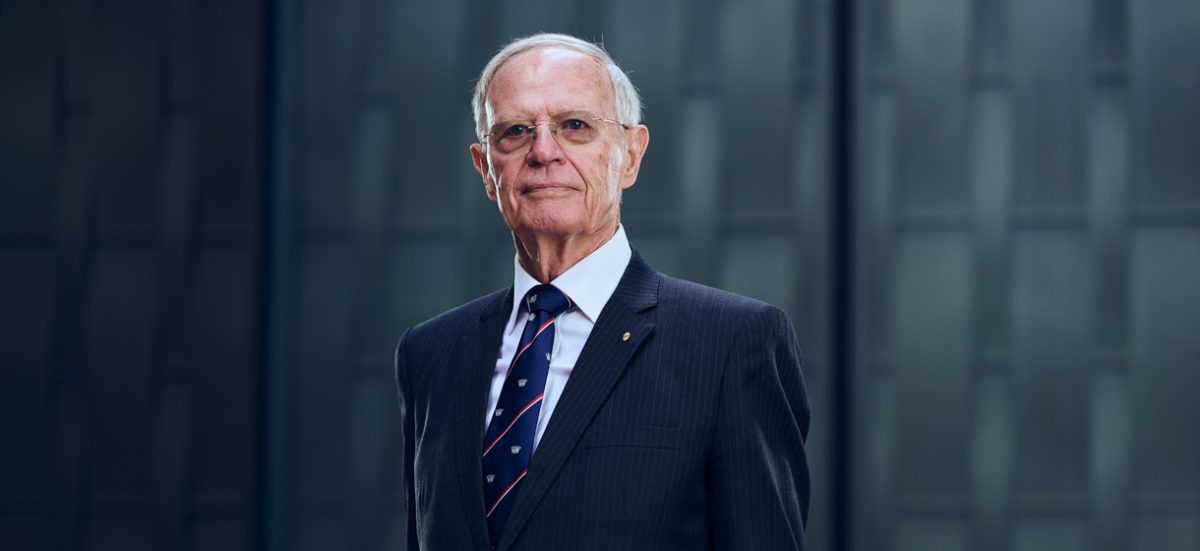
Admiral Chris Barrie (Ret’d) has repeatedly warned about the threat of climate change to Australia’s national security. Photo: ASLCG.
A former chief of the defence force says the threat of climate change to Australia outweighs any perceived threat posed by an increasingly well-armed and belligerent China.
Admiral Chris Barrie was Chief of Navy and Chief of Defence Force until his retirement in 2002, and has consistently highlighted the dangers of climate change since his retirement.
He has worked on strategic leadership issues at Oxford University, the National Defense University in Washington DC, and as an Adjunct Professor Strategic and Defence Studies Centre at the Australian National University, and in 2015 authored the report Climate Change, Security and the ADF. He is also the Australian chair of the Global Military Advisory Council on Climate Change.
Admiral Barrie has repeatedly warned of the dangers of climate change, and how mass starvation, water shortages, rising sea levels, extreme weather events, the loss of arable lands, and the potential of subsequent mass migrations presented far greater implications to national security than those posed by China.
In an interview with ABC’s Radio National on 5 April, Admiral Barrie said a report conducted by Australia’s Office of National Intelligence (ONI) on the risks to national security posed by climate change had been handed to the Federal Government at the end of 2022, but was yet to be released.
He called upon the Government to immediately release a declassified version of the ONI’s report.
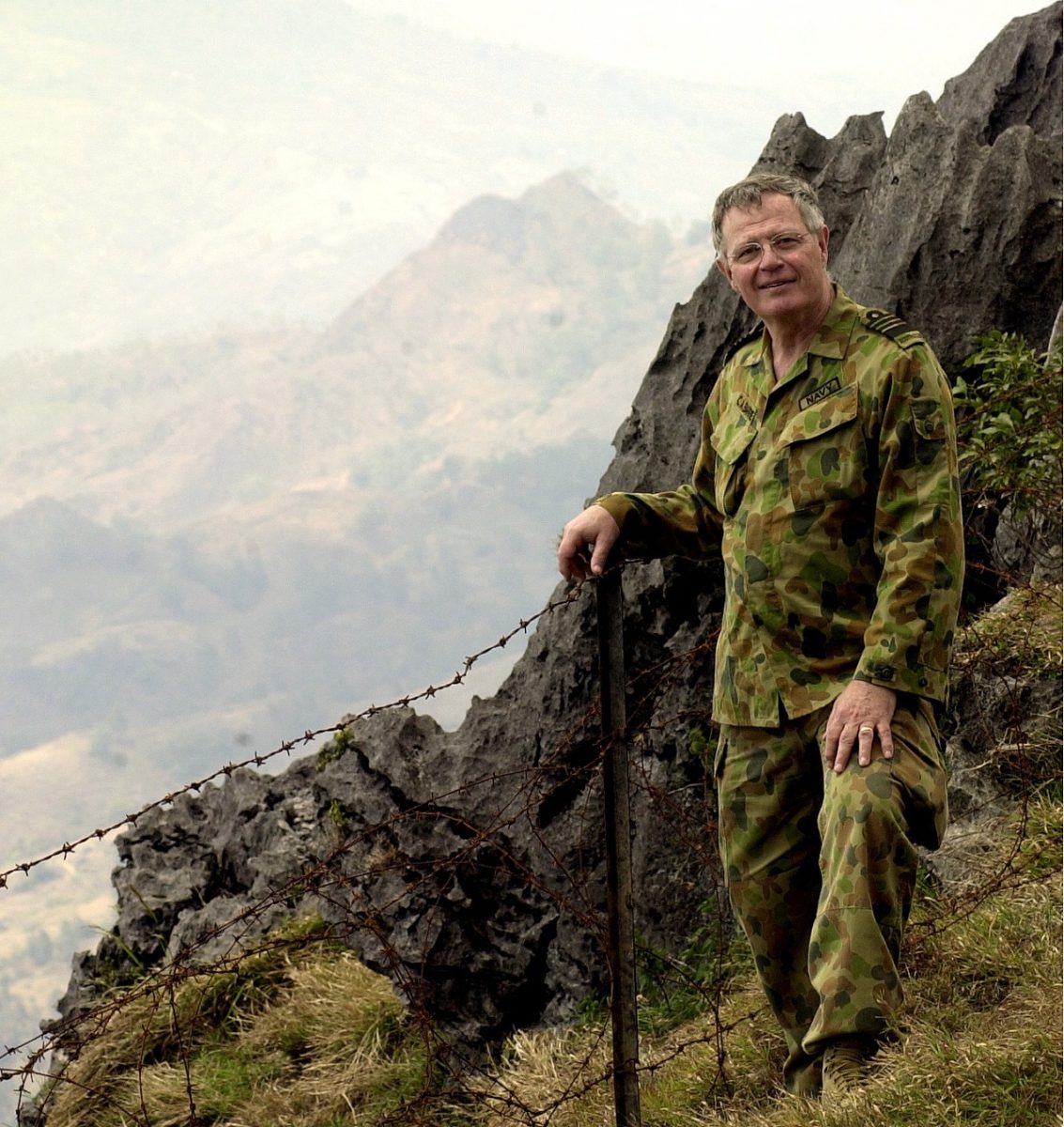
Admiral Barrie served in the Royal Australian Navy for 42 years, retiring as Chief of Defence Force in 2002. Photo: ADF.
“With the Federal Government now leading a national debate on the nation’s defence priorities and their response to potential threats within our region, the Australian public deserve to know the full range of security threats our nation faces — particularly those posed by worsening climate change,” Admiral Barrie said.
“The practice of Australia’s allies has been to release such assessments. With other security threats, Australian governments have been transparent, making a point of sharing with the community their knowledge to gain support for action; for example, cyber security, COVID, North Korea and more.
“But the same rationale has not been applied to the security threat of climate change, which is a far greater risk.”
The Greens echoed Admiral Barrie’s calls, with leader Adam Bandt suggesting the report was being concealed for political reasons. “Labor is refusing to confront the scale of the climate crisis, keeping secret a report that would likely deliver a body blow to new coal and gas mines,” he said.
“The climate crisis is the biggest threat to our nation, yet theGovernment is keeping people in the dark.”
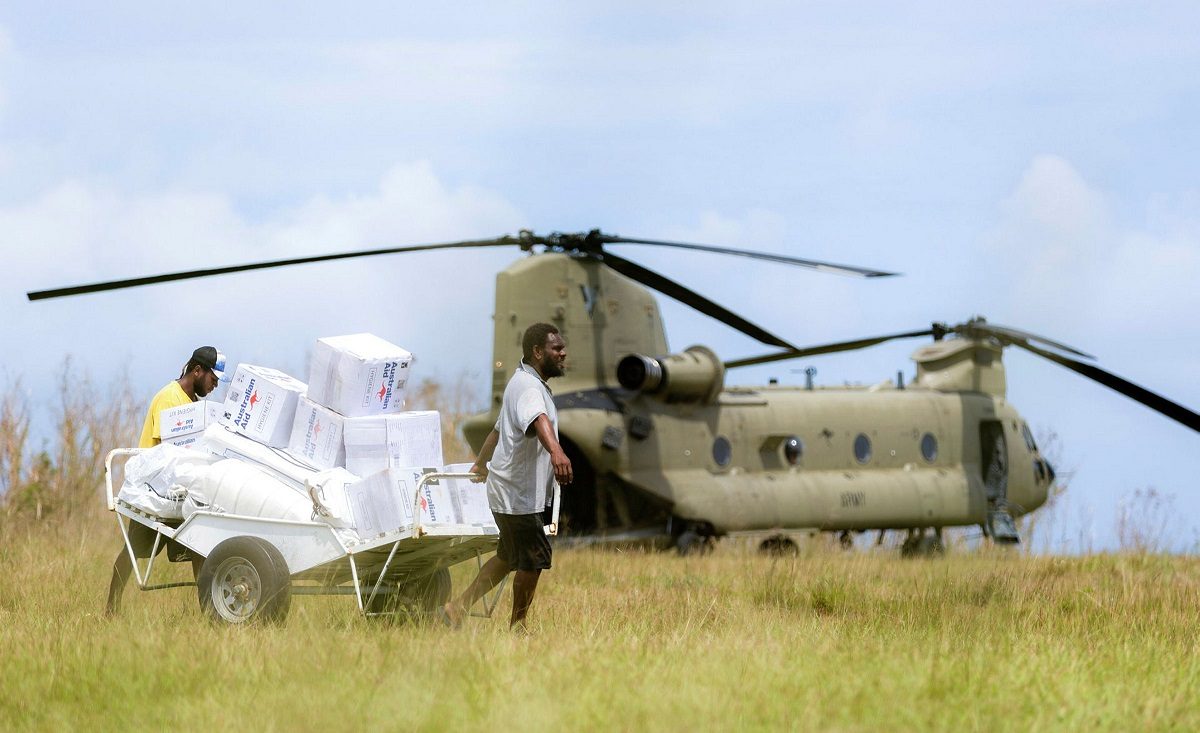
The ADF has played an increasingly prominent role in providing humanitarian assistance and disaster relief to regional neighbours who affected by climate-related natural disasters. Photo: ADF.
In a gloomy 2017 submission to the Senate Inquiry into implications of climate change for Australia’s national security, Admiral Barrie stated: “There are two critical existential threats to human life on planet Earth.
“The first threat is Armageddon created by nuclear war. Most of us will play no role in this event even though it will almost certainly impact on us all. The planet will still exist, but most life on Earth will be extinguished.
“The second threat to human life on the planet is generated by global warming through the direct and indirect consequences for a changing Earth environment. Human beings are the most predatory species that has ever existed on this planet.
“There are two major differences in these existential threats. On one hand, with nuclear war the time taken to create Armageddon will be very short, and impossible to deal with once the process begins.
“On the other hand, with global warming, climate change, and other environmental consequences, the time taken to eliminate all human life on Earth might take decades, and it will likely be very ugly and involve indeterminate processes for all of us.
“For this reason, and drawing on my own experience over nearly 42 years of service with the Navy, I believe urgent action is needed to head off the potentially disastrous consequences of failing to take decisive action to deal with the Earth environment, if the unacceptable probability is that the legacy we will leave to our children, and their children, is their extinction.”
Original Article published by Andrew McLaughlin on Riotact.









